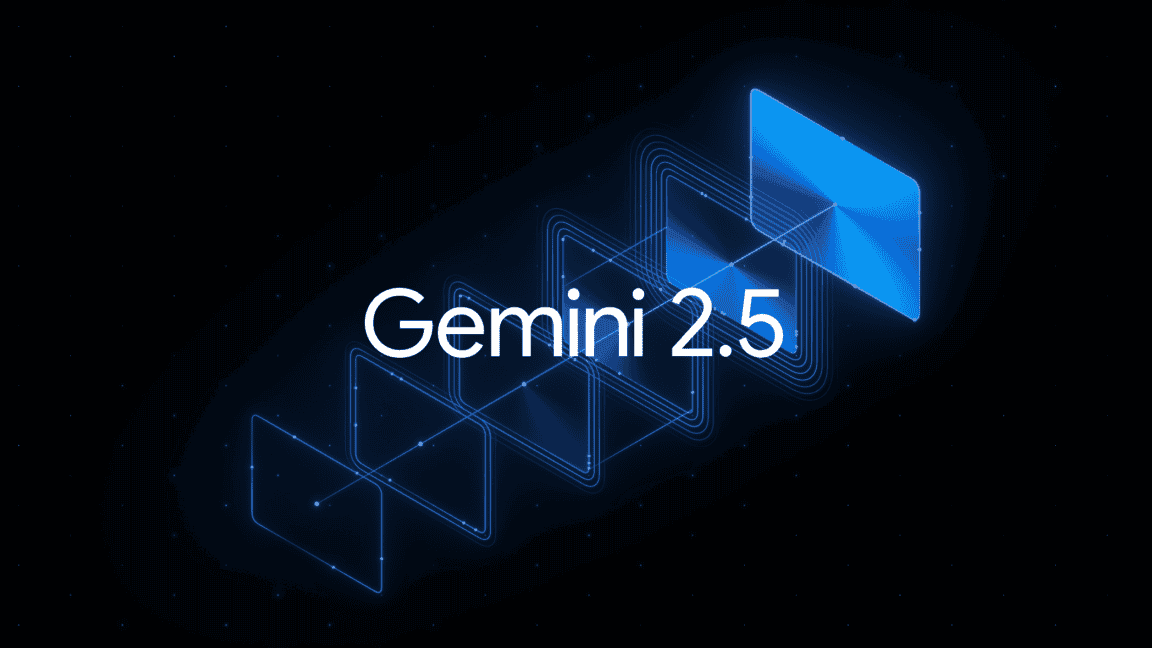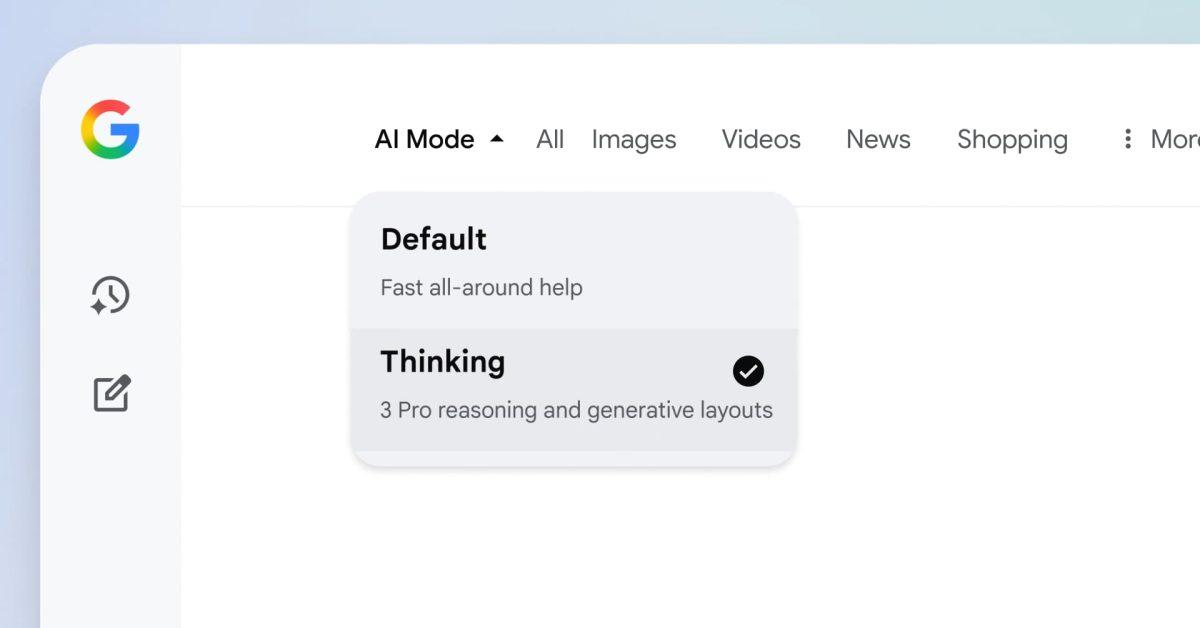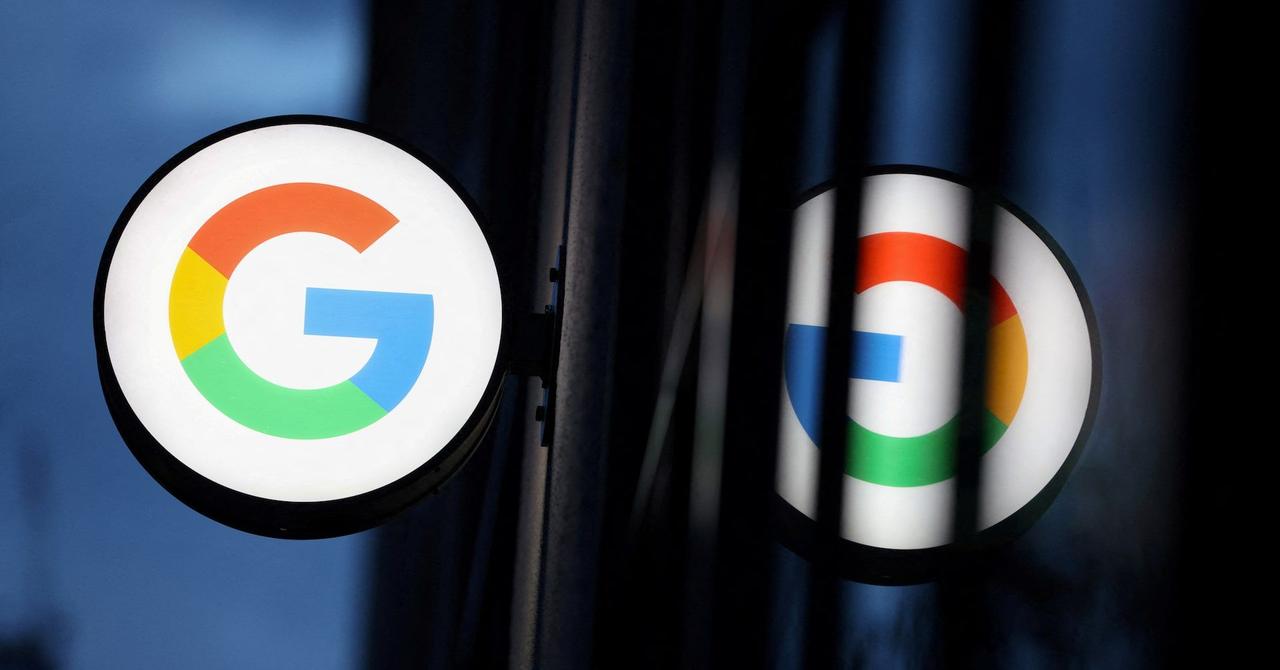2024: The Year AI Revolutionized Tech Landscape with Google Gemini, ChatGPT, and Apple Intelligence Leading the Charge
2 Sources
2 Sources
[1]
Google Gemini is my AI product of the year -- here's why
I don't think I've ever seen, in all my decades covering technology, a year as tumultuous as 2024 in terms of tech progress. Is it really just two years since the ChatGPT era exploded onto the world stage? We're now almost numb to the launch of new models and new apps happening almost every other day. AI is a once-in-a-lifetime phenomenon. Which makes it almost impossible to pick a best-of-the-year product. How to choose between the massive popularity of the OpenAI GPT products, Meta's outstanding LLama3 models, or the video magnificence that is KlingAI? That last product is a telling one because it shows that this year has not only featured American tech giants. This was a year when the Chinese also started to flex their AI muscles -- with Qwen and other models -- to compete on an even playing field with the best of the rest. Despite the growing competition, and a poor early start, for me the true product of the year is one that only came out in December -- Google Gemini 2. This year has seen so many unexpected heroes. Claude Sonnet 3.5 from Anthropic was one of the biggest surprises, coming from nowhere to dominate the no-code AI app generation sector completely. Despite constant benchmark challenges from new models, coders across the world remain unanimous in their praise, keeping the Anthropic product at the top of the tree. There have been so many products in such a short space of time that the brain whirls as the names speed past in the headlines. But one name has been suspiciously absent over most of the early part of the year -- Google Godfather of the transformer technology that revolutionized AI, Google largely lurked in the background until later in the year. But like a favorite racehorse, which falters at the first hurdle, we've seen signs it is about to flex its pedigree. The first indication was the super low-key launch of a small skunkworks project called NotebookLM back in December of last year. It may have started small, but people soon realized what a powerful tool it could be for data research and understanding -- especially once podcasting was added in September. It's only in the past two months that we've been given a glimpse into the astonishing reality of what a Google AI-powered world could look like. The flurry of Google product launches this December, based around the new Gemini 2.0 model are truly mind-blowing. New initiatives like Project Mariner and Project Astra show us for the first time what it looks like to have an AI embedded into our lives in all its forms. Not just a chatbot here and there, but integrated vision, sound, computer manipulation and everything that's been the promise of full AI since the consumer launch of the technology. For this reason, I'm going to give my product of the year to the new Google Gemini 2.0 model in all its derivations. Not just for what it represents now, but for the promise it offers for the future of consumer AI. However this new paradigm mustn't be dominated by a single company or even two, but instead, a wide range of players balance out the risks and rewards that AI offers for the future of humanity.
[2]
The year in AI: how ChatGPT, Gemini, Apple Intelligence, and more changed everything in 2024
A year ago, it sometimes felt like AI had spread everywhere in some fashion, but it was only a preview of how AI burst into people's lives, for good or ill. It would take a whole series of books to cover every transformative update, flashy launch, and embarrassing misstep made by the biggest AI brands: OpenAI's ChatGPT, Google Gemini, and Apple Intelligence, let alone every single AI developer. Still, there are some key highlights worth remembering before 2025 again upends the landscape. It's hard to talk about AI in 2024 without putting ChatGPT at the center. OpenAI seemed determined to stay in the spotlight, releasing one game-changing update after another. In May, the introduction of GPT-4o, followed by the leaner GPT-4o, kicked off the multimodal evolution of ChatGPT in handling handle text, images, audio, and video. The December release of the o1 model brought a new level of reasoning, with sharper and more insightful answers. Proving to be an invaluable tool for everything from coding challenges to creative brainstorming. ChatGPT's Advanced Voice Mode brought new vocal interactions to ChatGPT with a range of lifelike voices - including Santa. If you weren't talking through the app, OpenAI even set up the 1-800-CHATGPT toll-free hotline to call and interact with ChatGPT. Filmmakers spent most of the year eagerly awaiting the arrival of Sora, OpenAI's text-to-video model. While it only recently became available to non-professional filmmakers, Sora's ability to make animated videos is now accessible to creative minds or marketers on a deadline. Creative collaboration was also the pitch for ChatGPT's Canvas Mode, which enables real-time collaboration with the AI, editing and refining projects side by side. To keep things organized, OpenAI also rolled out Projects, a feature that grouped conversations and files into tidy folders. And the expanded ChatGPT Search function helps keep all that information up-to-date and accurate. To top it all off, OpenAI ended the year with its festive "12 Days of OpenAI" event, rolling out daily updates like WhatsApp integration, a new $200-a-month ChatGPT Pro tier, and a sneak peek at the upcoming O3 model for the chatbot. That probably helped distract from the hours-long outage in December caused by a Microsoft data center failure. The breadth of outrage might not have been great PR, but it did undeniably highlight how much ChatGPT has spread since 2024 began. Google Gemini didn't even exist when 2024 ended. It wasn't until February that Bard became Gemini, and that rebrand was part of Google's year-long effort to outdo OpenAI by integrating AI into everything it does. A shiny new Gemini app for Android and a Gemini Advanced subscription tier immediately started the competition with ChatGPT, and the upgrades soon followed. By May, Google had launched Gemini 1.5, an updated version packed with more processing power and an expanded context window, making it more intelligent and better at understanding complex queries. But the real magic began over the summer when Gemini intelligence made its way into Google Home devices and took over for Google Assistant in more places. That culminated in September with Gemini Live, a feature that lets you have real-time voice conversations with AI. The ChatGPT competition continued with custom chatbots called Gems, and a month later, an iPhone app arrived, complete with integrations into other Google apps on iOS. The grand finale came in December with the release of Gemini 2.0, a massive upgrade featuring better, faster responses, photo analysis, and more. Not to mention, many exclusive features for Google Pixel phones further connect with the rest of the Google ecosystem. Rumors about Apple's plans for AI had swirled for years, but 2024 saw Apple Intelligence finally debut. The initiative felt both inevitable and uniquely Apple in its reveal at WWDC in June. The design was definitely Apple, but there was a notable amount of integration with existing AI models. In particular, Apple will allow its revamped Siri voice assistant to lean on ChatGPT for answers and various queries. We're also still waiting on Siri's promised ability to view, understand, and perform tasks within applications. Even with different branding, Apple's AI tools seemed mostly aimed at matching or outdoing the features available from OpenAI and Google. For instance, Apple Intelligence powers picture creator Image Playground, as well as Genmoji, which lets you design your own emojis. The most distinct aspect is probably how Apple Intelligence mostly uses Apple hardware to run AI processes locally or on its ultra-secure Private Cloud Compute servers. That way, Apple Intelligence can perform faster and promise more privacy. While OpenAI, Google, and Apple dominated the headlines, AI had a much broader impact thanks to other big brands. Meta, for example, introduced the Meta AI virtual assistant, embedding it into Facebook, Instagram, and WhatsApp, upgrading and expanding its abilities (including some celebrity voices) throughout the year. Meta also set up next year to be the year of AI smart glasses by embedding Meta AI into Meta Quest headsets as well as the Meta Ray-Ban Smart Glasses. Oh, and who could forget the unveiling of the Orion augmented reality glasses prototype? Not every piece of AI hardware came off so well this year, though. The hype around the likes of the Rabbit R1, a small AI-centered device, and wearables like the Humane AI Pin and Plaud NotePin was very high when the year began, but they've all rapidly faded since then and may only succeed as very niche products. If 2024 proved one thing, it's that artificial intelligence has officially outgrown its shiny new tech phase and stormed into our lives as a full-blown revolution. ChatGPT, Gemini, Apple Intelligence, and their competitors all showed how AI tools can dazzle and even be genuinely useful when used in the right way. That doesn't mean 2025 won't be without its missteps and errors, but it certainly suggests that it will become a standard part of a lot of digital activities on some level, whether trying to have a game night with friends, entertain and educate kids, or organize our diets and cooking plans. This year showed what AI can do; next year, the question will be, what of those abilities will we actually want AI to do for us?
Share
Share
Copy Link
A comprehensive look at how AI, particularly products from Google, OpenAI, and Apple, transformed the tech industry in 2024, marking a significant leap in AI integration across various platforms and devices.

The AI Revolution of 2024
2024 marked a transformative year in the tech industry, with artificial intelligence (AI) taking center stage and reshaping the digital landscape. The rapid advancements and fierce competition among tech giants led to an unprecedented surge in AI-powered products and services, fundamentally changing how we interact with technology
1
2
.Google Gemini: A Late but Powerful Entrant
Despite a slow start, Google's Gemini 2.0 emerged as a standout product in December 2024. Building on the foundation laid by projects like NotebookLM, Google showcased its AI prowess with a series of launches that demonstrated the potential of fully integrated AI
1
. Gemini's evolution throughout the year included:- Rebranding from Bard to Gemini in February
- Launch of Gemini 1.0 in May with enhanced processing power
- Integration into Google Home devices and Google Assistant
- Introduction of Gemini Live for real-time voice conversations
- Release of Gemini 2.0 in December with improved responses and photo analysis capabilities
2
OpenAI's ChatGPT: Continuous Innovation
OpenAI maintained its position at the forefront of AI development with ChatGPT, introducing several groundbreaking updates:
- GPT-4o and GPT-4o models for multimodal interactions
- Advanced Voice Mode with lifelike voices
- Sora, a text-to-video model for filmmakers
- Canvas Mode for real-time AI collaboration
- Projects feature for organizing conversations and files
- Expanded ChatGPT Search function
2
Apple Intelligence: A Unique Approach
Apple finally entered the AI arena with its Apple Intelligence initiative, announced at WWDC in June. Key features included:
- Integration with existing AI models, including ChatGPT
- Image Playground for picture creation
- Genmoji for custom emoji design
- Focus on local processing and privacy using Apple hardware
2
Related Stories
Other Notable AI Developments
The AI landscape in 2024 was not limited to these three giants:
- Meta introduced its AI assistant across Facebook, Instagram, and WhatsApp
- Meta showcased AI integration in smart glasses and AR prototypes
- Anthropic's Claude Sonnet 3.5 dominated the no-code AI app generation sector
- Chinese companies like Qwen entered the global AI competition
1
2
Impact and Future Outlook
The rapid proliferation of AI in 2024 has had far-reaching effects:
- Integration of AI into everyday devices and applications
- Increased competition driving innovation and feature development
- Growing concerns about privacy and ethical use of AI
- Shift towards multimodal AI capable of handling text, images, audio, and video
1
2
As we move into 2025, the AI landscape continues to evolve, with expectations of further advancements and deeper integration into our daily lives. The competition among tech giants and emerging players promises to drive innovation, while also raising important questions about the future of human-AI interaction and the need for balanced development in this rapidly changing field
1
2
.References
Summarized by
Navi
[1]
Related Stories
Google Unveils Gemini 2.5 Pro: A New Frontier in AI Reasoning and Capabilities
26 Mar 2025•Technology

Google's 2025 Strategy: All-In on Gemini AI to Reclaim Tech Leadership
29 Dec 2024•Technology

Google expands Gemini 3 and Nano Banana Pro to 120 countries with seamless AI Mode integration
01 Dec 2025•Technology

Recent Highlights
1
ByteDance Faces Hollywood Backlash After Seedance 2.0 Creates Unauthorized Celebrity Deepfakes
Technology

2
Microsoft AI chief predicts artificial intelligence will automate most white-collar jobs in 18 months
Business and Economy

3
Google reports state-sponsored hackers exploit Gemini AI across all stages of cyberattacks
Technology





